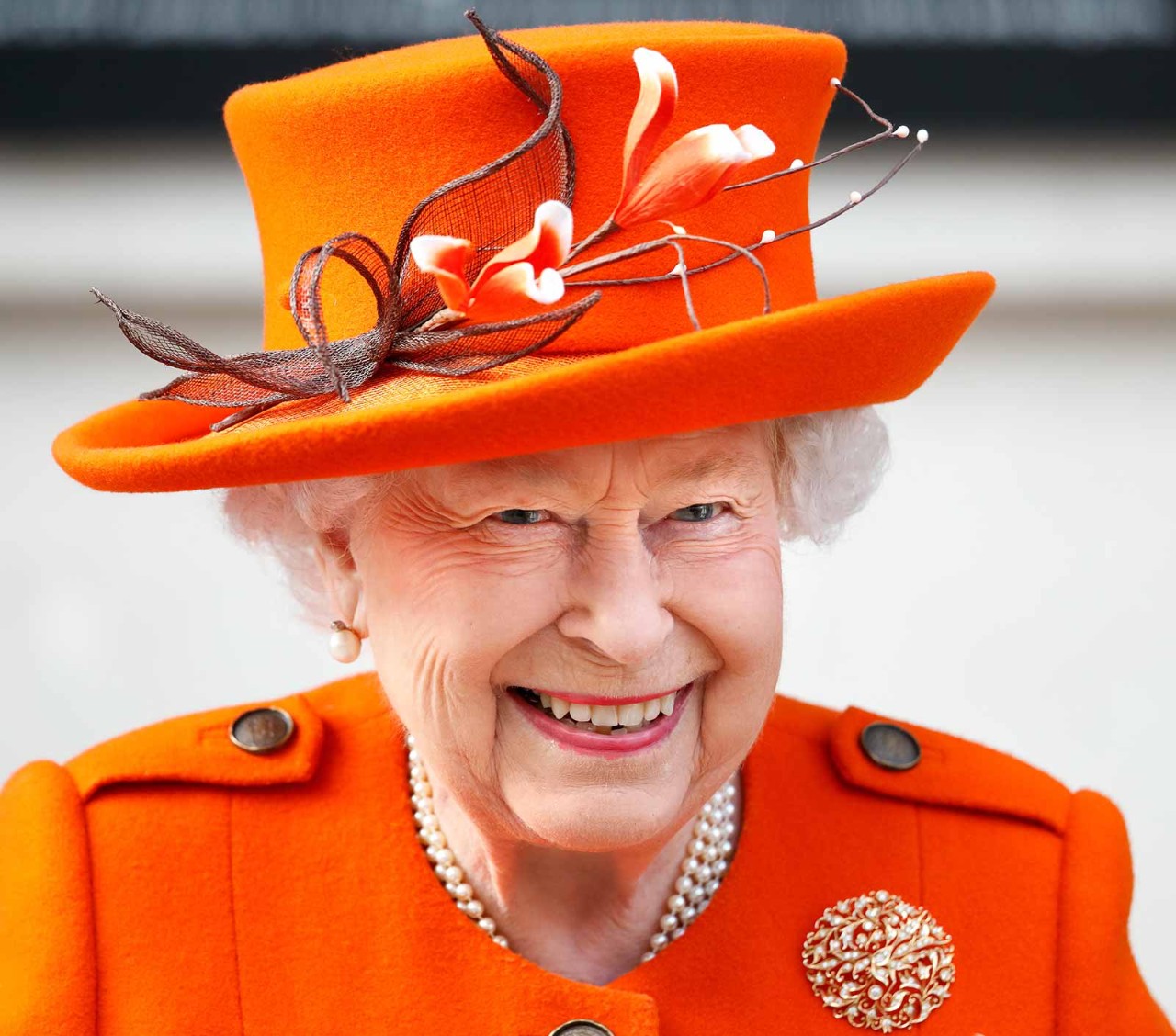
Like most sports across the globe, marathons were severely affected by Covid-19, with events cancelled, prize money reduced and dates shunted around the calendar. However, the marathon business has proved resilient due to rising popularity among amateur runners and the ability of organisers to retain their major sponsors on long-term agreements or sign up new partners post-pandemic.
There are seven key annual marathon majors: London, Boston, New York, Berlin, Chicago, Amsterdam and Valencia. In addition, the Dubai Marathon has traditionally been one of the most lucrative in terms of prize money.
Reports suggest that TCS will spend as much as US$320m on marathon sponsorships over the next eight years
In numbers
26.2 miles (42.2km)
Length of a marathon
1897
Year of the first Boston Marathon - the world's oldest annual marathon
2:01:39
Fastest ever marathon time, achieved by Eliud Kipchoge during the 2018 Berlin Marathon
1,100+
Number of marathons in the US last year
Attractive to sponsors
The London marathon has a new headline sponsor ahead of this year’s race, on 2 October. (It will return to its traditional April slot next year.) Indian tech company Tata Consultancy Services (TCS) has put its name to the event, signing a five-year contract. The terms of the deal have not been made public, but reports suggest that TCS will spend as much as US$320m on marathon sponsorships over the next eight years.
The US$40m-a-year sponsorship spend also includes marathons in New York (to which TCS has retained the title rights until 2029), Boston and Chicago, as well as events across Europe and Australia.
In an interview with CNBC, Michelle Taylor, TCS’s head of global sponsorships, said that aligning with races helps the firm ‘humanise our brand’, and educates participants and spectators about its services.
Stakes in the States
Boston is the world's oldest and most lucrative marathon on the calendar, offering combined prize money of US$878,500 in 2022. The winners of the open division take home US$150,000 each, while runners-up each earn US$75,000. The marathon itself costs US$7m a year to organise, with approximately US$5m coming directly from sponsors, according to the race's organisers, the Boston Athletic Association.
The race has enjoyed two long-running major partners. Adidas first became a sponsor in 1989; its current arrangement runs until 2030, while financial services provider John Hancock began its affiliation with the race in 1986, with its initial sponsorship deal worth US$10m over 10 years. The value has grown steadily, with reports suggesting that the company now provides more than US$5m a year.
‘Our sponsorships are a great source of pride, and something we’ve been able to use to help build our brand,' Kate Ardini, John Hancock's chief marketing officer, told Brand Innovator website.
New York Road Runners, the organisation that owns and stages the New York City Marathon, saw its annual revenues surpass US$110m in 2020, with the marathon by far the biggest revenue driver.
Total sponsorship deals for the New York event come in at over US$30m, according to reports. Major sponsors – including New Balance, Mastercard and United Airlines – have remained loyal despite the pandemic.
Until recently, the Dubai Marathon was the most lucrative race on the calendar
Dubai appeal
Until recently, the Dubai Marathon was the most lucrative race on the calendar. Between 2008 and 2012, the men’s and women’s winners took home US$250,000 each, with that figure falling back to US$200,000 in recent seasons. The winners of December’s race will win US$100,000 each.
In 2019, organisers reduced the total prize money due to a dispute with governing body World Athletics, which refused to grant it the prestigious platinum label status. The sticking point, according to race director Peter Connerton, was the minimum number of 15,000 runners required to complete the race. That is a number Dubai aims to reach in the future.
Standard Chartered has been a sponsor of the Dubai event since 2005. However, despite being listed as a sponsor earlier this year, the bank has confirmed that it has now withdrawn. No new sponsors had been confirmed at the time of this article being published, although the event organisers must be in search of a replacement. Other races in Standard Chartered's portfolio include the Falkland Islands, Hong Kong SAR, Jersey, Nairobi, Kuala Lumpur, Singapore and Taipei.
The marathon business has become a valuable source of fundraising for charities
Importance to charities
The marathon business has also become a valuable source of fundraising for charities. The latest accounts for the London Marathon Charitable Trust – which works in tandem with organiser London Marathon Events – show that in 2021 £35,754,718 was raised and £1,529,793 of funding was provided to promote physical-activity charitable programmes. Of the total revenues raised, £35,100,712 came from the race itself, while the total cost of putting on the event came to £28,722,497.
Meanwhile, a record £19,916,886 was raised for thousands of charities via the Virgin Money Giving platform, where pledges towards the charities that individual runners support can be made. Over the past 12 years, marathon runners have raised a total of £237,297,578 for charities on the platform.
Demand up
Demand from runners exceeds race places across the world. More than 350,000 people entered the ballot to take part in the 2022 TCS London Marathon, with only around one-tenth successful (though another 15,000 places were also available through charities).
While many marathons took place in 2021, fewer participants were admitted due to the pandemic. In New York, for example, only 33,000 competitors took place, compared with the usual 50,000. This November, the event returns to full capacity, reconfirming New York’s status as the biggest marathon in the world. With entry fees ranging from US$255 to US$347, total revenues from New York registrations are worth approximately US$15m a year.
With economic pressures bearing down on governments and businesses globally, it's welcome news that the marathon sector at least has proved resilient – and even thrives.





